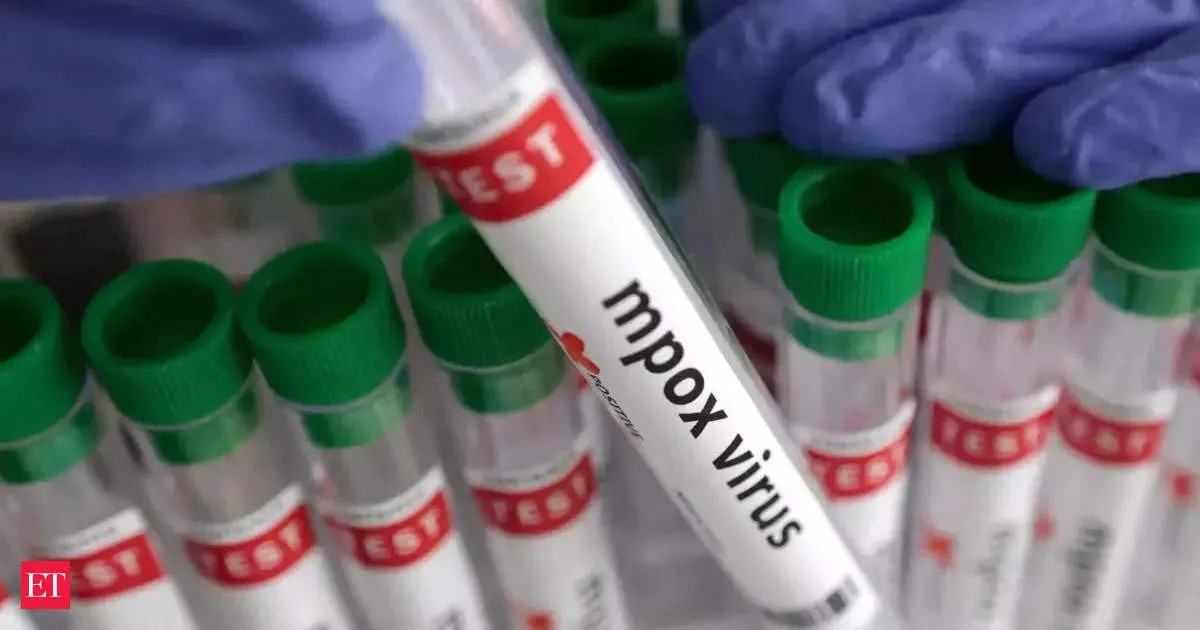Kerala Faces Mpox Challenge as Bengaluru Airport Enforces Testing Protocols

Kerala Addresses Mpox Growth with New Airport Measures
Amid rising concerns, Kempegowda International Airport (KIA) started mandatory monkeypox (Mpox) testing for international passengers, following the detection of the country's first case in Delhi this week. Four dedicated kiosks have been placed to ensure all international passengers are tested for the new virus.
- Isolation protocols for travelers from affected nations.
- Daily testing of around 2,000 passengers.
- Compliance with health and safety protocols.
The airport has swiftly implemented screening, testing, and tracking systems, with a dedicated officer overseeing the operations. KIA is fully prepared and compliant with all health and safety protocols issued by relevant authorities in light of the global Mpox situation.
Health Measures at Bengaluru Airport
All international passengers arriving at the airport are being thoroughly checked for elevated temperatures as part of the screening process. An isolation zone has been established on-site to manage any suspected cases swiftly and efficiently, said a BIAL spokesperson. Following treatment, individuals will undergo re-testing, and only once the virus is confirmed to be eradicated will they be released.
Understanding Mpox in India
India verified an isolated Mpox case recently, stating it was not the new strain driving the ongoing global health emergency. The resurgence of Mpox and the detection of a new strain, dubbed Clade 1b, prompted the World Health Organization to declare its highest international alert level. However, health officials reassure that there have been no confirmed cases of Mpox caused by the new strain of the virus in India, despite the country's population of 1.4 billion.
The new Clade 1b strain was first detected among sex workers in eastern DR Congo in September 2023 and has since been recorded in several nearby countries, including Burundi, Kenya, Rwanda, and Uganda.
This article was prepared using information from open sources in accordance with the principles of Ethical Policy. The editorial team is not responsible for absolute accuracy, as it relies on data from the sources referenced.